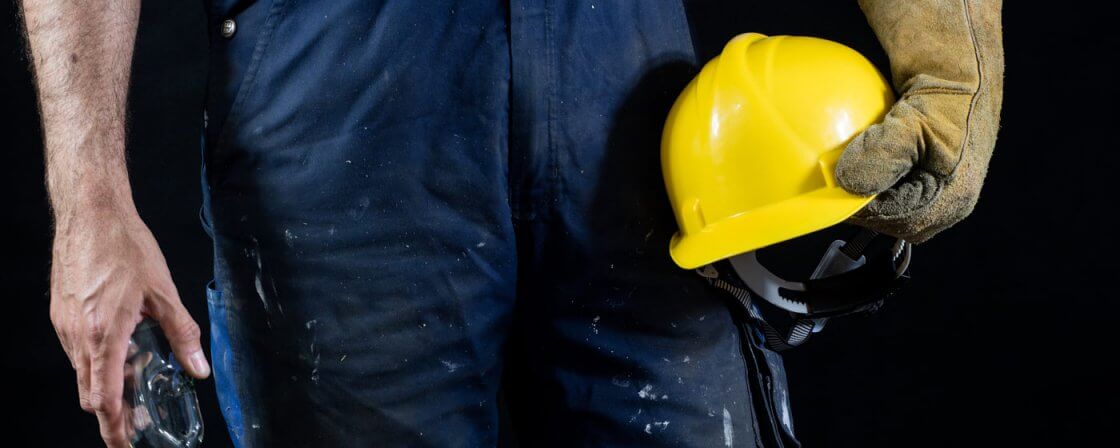Every young child knows that alcohol or other drugs are prohibited in the workplace. However, many employers find it difficult to enforce this on their employees. How can this be done? And what is the employer right about this?
Every young child knows that alcohol or other drugs are prohibited in the workplace. However, many employers find it difficult to enforce this on their employees. How can this be done? And what is the employer right about this?

Can an employer conduct random drug or alcohol tests? And what should be done in a situation where the employer suspects or even has evidence that an employee was indeed “under the influence” at work or “made his day” during a break with marijuana?
Every employee is obliged to take care, to the best of his or her ability, for his or her own safety, health and the safety and health of individuals who are directly affected by his or her actions or omissions at work. Knowledge of the basic obligations arising from legal and other regulations and the employer’s requirements to ensure health and safety at work is an integral and permanent part of the employee’s qualifications. In other words, the employee must comply with OSH, i.e. occupational safety and health.
This includes, among other things, the obligation not to consume alcoholic beverages and not to abuse other addictive substances (as defined in the Addictive Substances Act) at the employer’s workplace and during working hours and outside such workplaces. Similarly, not smoking in workplaces and other areas where non-smokers are also exposed to the effects of smoking.
The term “Occupational Health and Safety” (OHS) covers a wide range of issues and rules. Many employers and employees see these areas as a necessary evil and a formality. However, this can change in the event of a serious accident, an inspection by a labour inspectorate or an employment dispute. So how can you prepare yourself so that you as an employer are not caught off guard by these events? This is the focus of our articlez.
The prohibition on the consumption of alcoholic beverages does not apply to employees working in adverse microclimatic conditions if they consume beer with a reduced alcohol content. These conditions exist , for example, in steelworks, foundries, glassworks. In addition, the prohibition does not apply to employees whose consumption of these beverages is part of or normally associated with the performance of their work tasks (e.g. winemakers, tasters,…)
If the employer gives written instructions, the employee must attend a test to determine whether he or she is under the influence of alcohol or other addictive substances. This test is carried out by the employer when it is suspected, but the employer can also introduce this measure on a regular basis. If there is an accident at work or damage or injury caused by a drunken employee, the employer does not have to compensate for this. However, it is necessary to prove this in some way.
The test is done classically with an alcohol tester or, in the case of other drugs, a simple saliva test, where the employee puts a special sponge in his mouth and applies saliva to it. This is then transferred to the tester and a litmus paper shows the presence of drugs. If the test is positive but the employee disagrees with the result, or refuses to be tested by the employer without good reason, he or she must undergo a medical test of blood or urine. If he refuses even this form of testing, he is viewed as being under the influence and there are penalties associated with it.
Have you had an accident at work? What are you entitled to, what is pain and suffering and how is it determined? Does the procedure differ if you caused the accident in part by a breach of your duties? And why is your employer allowed to give you notice in connection with an accident at work? We answer all this in our article.
Our team of experienced attorneys will help you solve any legal issue. Within 24 hours we’ll evaluate your situation and suggest a step-by-step solution, including all costs. The price for this proposal is only CZK 690, and this is refunded to you when you order service from us.
If an employee is found to be under the influence of alcohol or other intoxicants, this does not automatically mean that he or she can be terminated immediately or even dismissed. Immediate termination is possible if the breach of work discipline is particularly egregious, for example, a bus driver carrying intoxicated passengers and causing an accident.
An employer may give notice to an employee if there has been a serious breach of the employee’s duties. In most cases, the consumption of alcohol will be a serious breach. However, as the Supreme Court has said, “in a situation where the plaintiff’s blood sample was analyzed and found to have a blood alcohol level of 0.11 g/kg, which is considered inconclusive, it cannot be found that the employee entered the employer’s workplace under the influence of an alcoholic substance and thus the termination of employment is invalid.” This was an administrative worker who had worked for the employer for 18 years without a single problem, which the court also took into account. The penalty for alcohol or other intoxicants in the workplace always depends on the particular circumstances.
Our team of experienced attorneys will help you solve any legal issue. Within 24 hours we’ll evaluate your situation and suggest a step-by-step solution, including all costs. The price for this proposal is only CZK 690, and this is refunded to you when you order service from us.

The term "Occupational Health and Safety" (OHS) covers a wide range of issues and rules. Many employers and employees see these areas as a necessary evil and a formality. However, this can change in the event of a serious accident, an inspection by a labour inspectorate or an employment dispute. So how can you prepare yourself so that you as an employer are not caught off guard by these events?